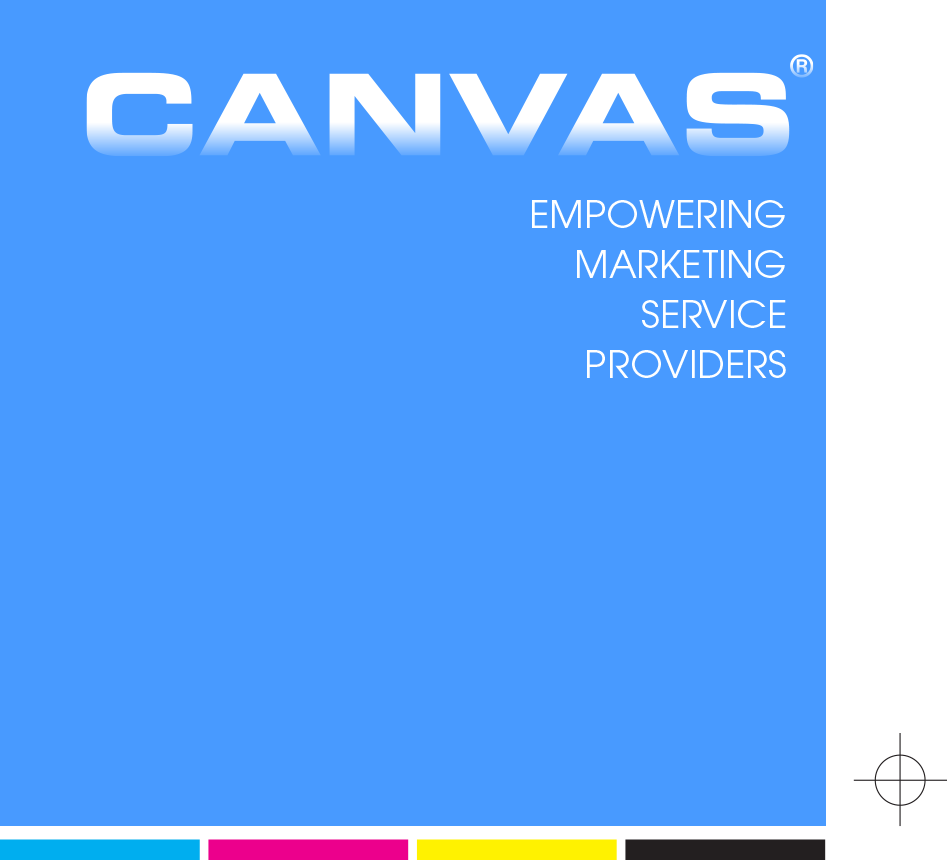One of my favorite things about life is that there are billions of us who have different experiences every moment of the day, yet we share many similarities. As human beings, we were created to be in relationship. No matter who you are, you desire community and collaboration at some level. Learning from others’ successes, failures and strategies is incredibly powerful. But in professional communities, the concept of collaboration often goes only so far.
With the proliferation of social media, learning from others has become a common practice at some levels, but the collaboration I’m talking about is something more intimate and specific. It’s about finding others with whom you can get your hands dirty, doing actual, real work together.
Of course, you need to pay attention to the bottom line, but money isn’t everything. At times, it’s wise to “invest” some of your work capital into new ways of doing things. This could involve money or time, or it might utilize your experience.
Over time, what allows you to enjoy your work more is doing it better—challenging your status quo, innovating, learning new perspectives, and being invigorated with new processes or creative thought. If this isn’t happening for you, this is more important than you may think.
There was a definite learning curve when I first joined forces with other professionals. As any creative will tell you, collaboration is very much a part of the process in the design industry. We work with copywriters, illustrators, photographers, other internal creatives, our clients and experts depending on what the job requires. But I had never worked with other “competitive” designers or companies.

In addition, there were some very well-known copywriters, illustrators and photographers that I couldn’t afford to work with, so I did the next best thing: I called them and asked them to meet me for coffee, lunch or a drink. I wanted to get together with them and talk shop. Others I stalked at conferences or professional events. I introduced myself and obtained their business cards. Over time, I worked on building a relationship with these professionals. My goal was simple: I wanted to learn from others I respected.
Fifteen years ago, one of my clients decided to start a nonprofit organization to offer teens an alternative to the growing inner city violence. Fortunately for this project, my client was well-known, and I thought this would be a perfect project to collaborate with certain professionals I had always wanted to work with. This project was a start-up with no initial funds, so my call was straightforward: “Would you collaborate with me, doing what you do best, for a great cause?” Amazingly, everyone I asked said yes.
Throughout the entire project, I was a sponge. I asked questions, I contributed my thoughts, and I was open to others’ insights and perspectives. In the end, the project turned out better than I could have imagined. I made some great new connections and was able to work with individuals I had admired from afar.
The best part, of course, was that the result helped my client to be successful. I learned some valuable lessons in the process. While there were some bumps along the way, I knew I liked working this way, and I was determined to design a way to do more projects like this.
Since that first project, I have collaborated on hundreds of projects. I have worked with others in my field on paid assignments, and we’ve worked gratis for causes that we felt passionate about. Cause collaboration is a key way to partner with others you admire, especially if your work culture is resistant to this type of thing.
No excuses—give this a shot. Here are some things to keep in mind as you go for it:
- Have clear goals and expectations. Make sure everyone is on the same page right from the start.
- Take it seriously. If the collaboration is not treated like real work, whether it’s paid or not, the result will be less than what it could be.
- Trust. You are working with these new friends because they are great at what they do. Let them do their thing.
- Commit to this effort. It’s not always easy at first, but be committed to the process.
- Let the results inspire you. Keep raising the bar for future collaborative work.
- Learn from the experience. Apply what you’ve learned to future collaborations.
Good luck. You will be refreshed by the result, I promise.

